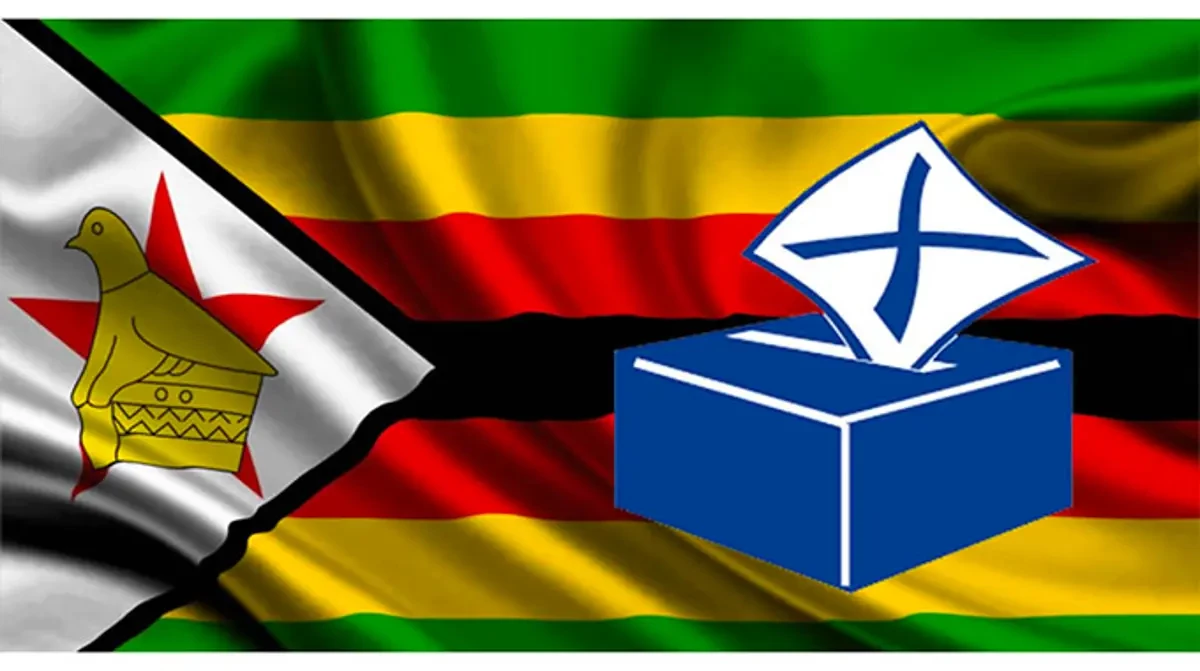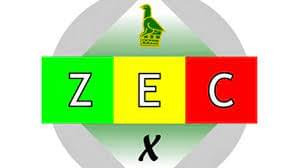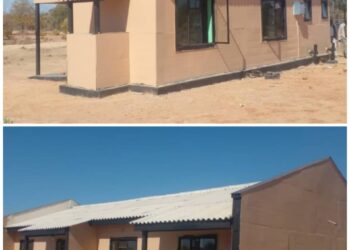THE Zimbabwe Electoral Commission (ZEC) is finalising the processing of applications for postal voting from members of the uniformed forces and election officials intending to cast their votes ahead of the August 23 polls when they will be on official duty.
Applications closed last Wednesday. Those who qualify for postal voting include members of the disciplined forces, electoral officers, diplomatic and consular officials working outside the country and their spouses.
The development comes as ZEC has commenced production of thousands of copies of the voters’ roll to be distributed to candidates contesting the harmonised elections.
Voters’ registers will be distributed to all 11 Presidential aspirants, 637 National Assembly and over 4 800 local authority election candidates cleared by the Nomination Court to participate in the polls.
Each candidate will receive a copy of the voters’ roll specific to the area they are contesting.
The polls management body is also finalising preparations for commencement of printing of ballot papers that will be used on election day.
ZEC chief elections officer Mr Utloile Silaigwana said: “The Zimbabwe Electoral Commission is still counting the applications (for postal voting).”
In 2018, more than 7 200 people were cleared to vote through postal ballots.
On the printing of ballots, Mr Silaigwana said: “The process will commence soon.”
Postal voting is provided for under Section 71 of the Electoral Act, which states that registered voters who — on polling day — will be unable to vote at their polling stations because they will be on official duty are eligible for postal voting.
The process is open to those who apply not more than 14 days after sitting of the Nomination Court.
Successful applicants receive their voting material in advance and will be required to send their vots in sealed envelopes to the chief elections officer at least 14 days before polling day.
The chief elections officer will then distribute the postal votes to their respective constituencies within seven days of the date of the actual poll.
The postal votes are later despatched to their respective ward centres before polling day. They are only opened for counting at the ward centre, when counting of votes cast on polling day commences.
On the voters’ roll, Mr Silaigwana said it would be issued to candidates as soon as the commission has finished producing copies for every contesting candidate.
“This will take a while since the commission has to prepare copies for 11 presidential candidates, 637 National Assembly candidates and over 4 800 local authority candidates.”
The commission is also working with the Ministry of Local Government and Public Works to identify personnel to conduct the election of the Council of Chiefs on August 3.
The elections will be conducted in the country’s eight non-metropolitan provinces at venues notified in the harmonised elections proclamation.”
Furthermore, ZEC had established several multiparty committees to help resolve electoral disputes.
“Several multiparty liaison committees were established soon after the sitting of nomination courts to resolve electoral disputes that might arise during the electioneering period,” he added.
“The commission’s provincial and district elections officers will hold several multiparty liaison committee meetings with contesting candidates throughout the country before the harmonised elections are held.”
Forty-six countries, including the United States, Russia and the United Kingdom, and 17 continental and regional bodies have been invited to observe the harmonised elections. Sunday Mail










